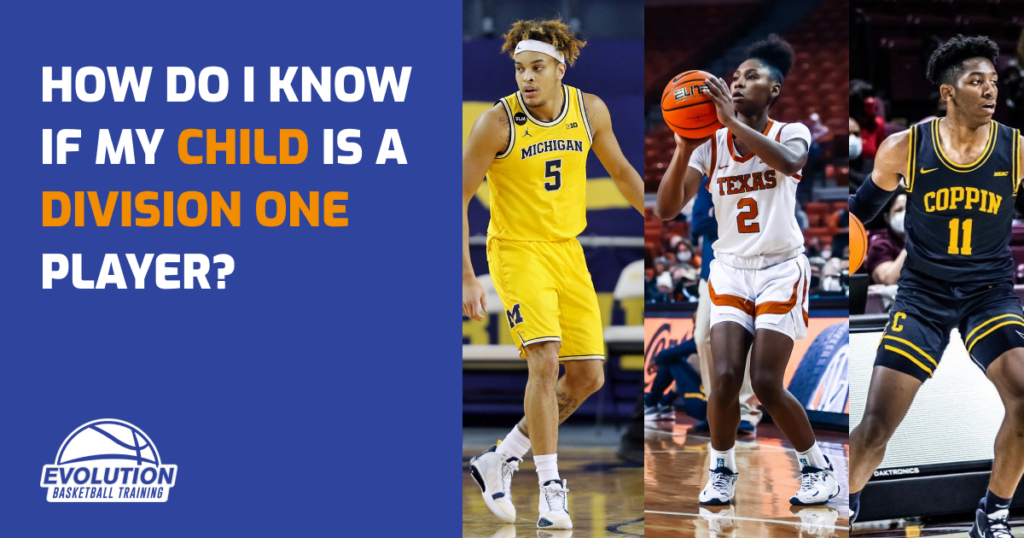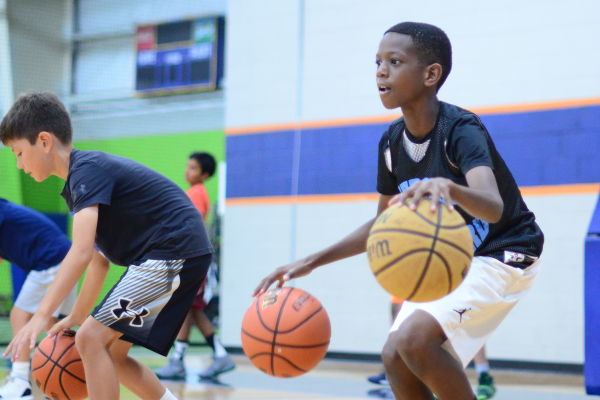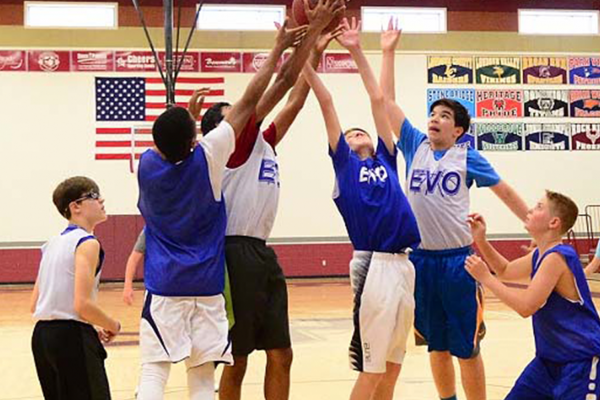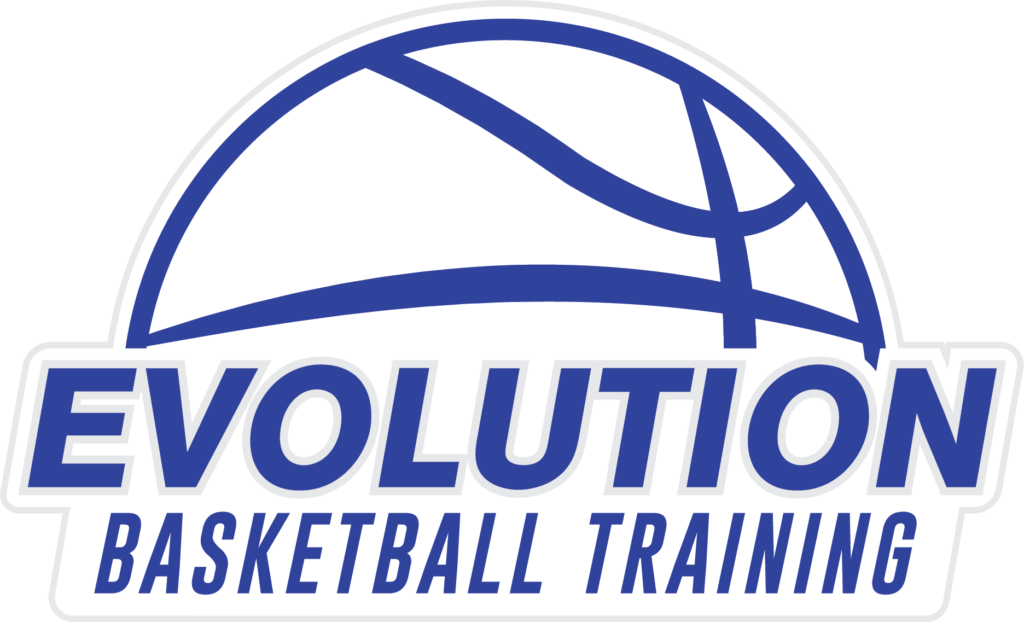
One of the hottest button topics of conversation goes like this… “no way, they are not a D1 scholarship kid” or the opposite, “oh yeah, they are definitely a D1 player”.
To be blunt, the only way you’re a D1 player is if you are offered a D1 scholarship.
So how do you put yourself in a position where you can get offered a D1 scholarship? There are two major aspects to this, the first is development, and the second is visibility to college coaches.
Development - You must develop your game to the level that deserves a scholarship. That means your mind, your body, and your skills. If you are a freak of nature athlete and 6’10 then you can have some flaws to your game and get away with it, but if you are 6’1 you don’t have much room for error. The taller and more athletic you are the more flaws you can have in your understanding of the game or skill level and still be a legitimate D1 player. The shorter you are and less athletic, the more important it is that you truly understand the game, see the floor, and have great skills all around. Don’t forget, you can get all the exposure in the world but if you haven’t done the work to develop your game, it just won’t matter.
Visibility - Here’s the catch, it’s not just being seen by college coaches, it’s being seen playing well and competing against other D1 recruits. Here’s a classic example. A player who goes to public school scores 30 in a game and everyone goes wild talking about how they are a D1 player. Not so fast, what was the competition? Were there any D1 recruits on the other team, or even D3 for that matter? College coaches want to not only see you perform but see it against other players they consider D1 scholarship kids. In the DC area, generally speaking, if you are playing public school ball you will need to play for an AAU team that competes against D1 recruits so you can prove yourself against that talent. Here’s another way to look at it, a friend who is a college coach told me once that when he watches game film of a player, he looks at who they are playing against first to see if there’s any talent on the other team. If there are not college-level players, he discredits the game film. So short and sweet, if you think you’re a D1 player, put yourself in a position where you play with and against other D1 recruits (and play well).
So to answer the question of how do you know if you’re a D1 player, the answer truly is that someone offered you a scholarship. The only way someone is offering is if they see you consistently play well enough against other D1 recruits. So work hard and put yourself in a position to be seen playing against the right competition and the college coaches will let you know if you’re D1 or not.
Author: Alex Harris

For more content, be sure to like and subscribe to Evolution Basketball Training’s Youtube Channel, Instagram, & Facebook.

Learn the fundamental skills of the game in a fun and exciting environment.

The best spring league in the country! No parent coaching, players are coached by our professional staff.
No spam, notifications only content you want to see!
Intense basketball skill workouts for committed players with AAU, Travel, & High School experience.
Learn the fundamental skills of the game in a fun and exciting environment. Rec league, CYO, & beginner experience.
Develop fundamental skills and enjoy tons of live game play. Camps are offered all year long for all experience levels.
Fundamental Training: fundamentaltraining@evobball.com
Advanced Training: advancedtraining@evobball.com
Camps: camps@evobball.com
